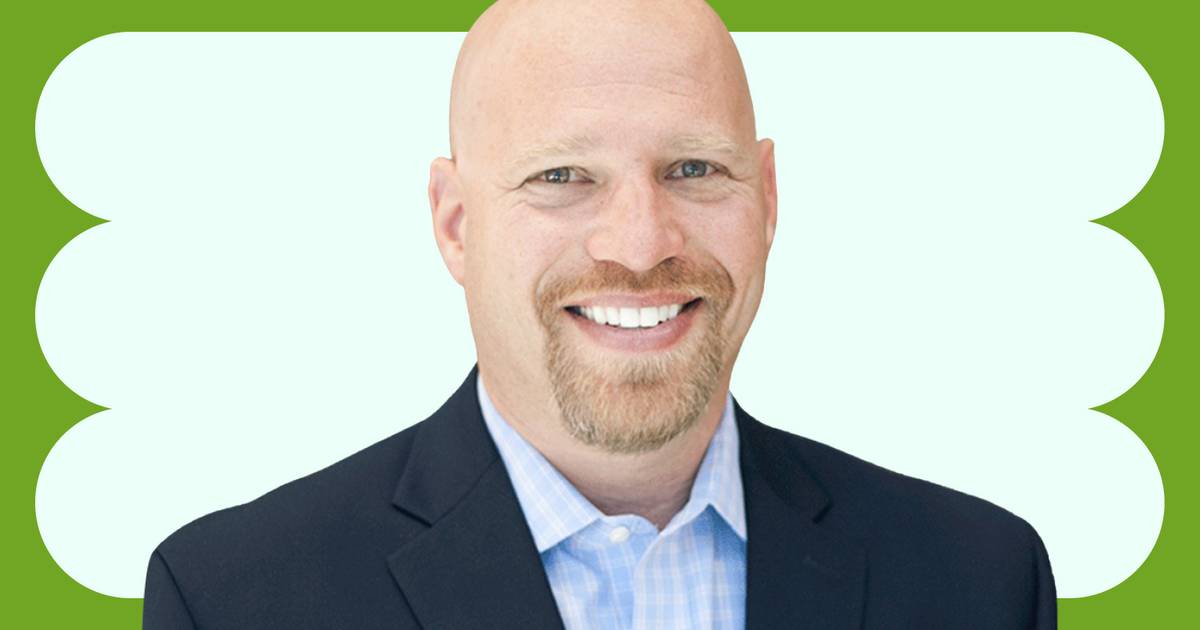
Matt Newman, SVP of employee experience at telecommunications software company Genesys, may have a slightly misleading job title.
While he does oversee employee experience at the company, he also oversees several other teams at Genesys, including real estate and facilities. He also serves as an HR business partner for nearly half of the company, including product, finance, legal, IT, strategy and business transformation, and…HR.
Serving as “HR for HR” can be, as he puts it, “it’s awkward and it’s not.”
While Genesys’s chief people officer, Eva Majercsik, is his manager, he also has to have conversations with her about HR-related matters, like data on attrition within his own team, just as he would with other function leaders.
“I need to treat her some days like going to my manager. Other days, as I put the HR for HR hat on, I need to approach her the same way I would approach my chief product officer, chief legal officer, chief financial officer,” he said. “Just staying really objective while at the same time, if you look at the names behind this, these are people I work with every day.”
It can be tough to manage that balance, but Newman says he relies on a team of more seasoned HR pros, who see personal information about their peers but know not to share it. Moreover, he says, the approach has helped make him more mindful of actually following through on the policies and practices that he recommends for the HR team.
“I’ve got to go work with the same team that I’m now trying to help serve and help our leader lead,” he said. “I have to then turn around and be one of the employees and…eat my own cooking, or hold myself accountable to the same things I’m asking my manager to tell us to do.”
This conversation has been edited for length and clarity.
What’s the best change you’ve made at a place you’ve worked?
I’m incredibly proud of the system I developed in my previous role before joining Genesys. As the head of HR, I was responsible for building a comprehensive HR infrastructure from the ground up. This included implementing an [HR information system], HRIS platform, benefits system, and a full suite of talent lifecycle solutions—spanning from recruitment to manager development. With the partnership of a dedicated and focused team, we designed the system to scale. By the time I left, the company had grown fivefold, with employees seamlessly integrated into the platform.
Quick-to-read HR news & insights
From recruiting and retention to company culture and the latest in HR tech, HR Brew delivers up-to-date industry news and tips to help HR pros stay nimble in today’s fast-changing business environment.
What’s the biggest misconception people might have about your job?
One of the biggest misconceptions about working in HR is that we are limited to hiring and firing or being the “people police.” HR plays a pivotal role in strategically shaping the workforce to align with the broader business objectives of managers and leadership. We are partners in developing strategies that optimize talent, drive engagement, and ultimately contribute to achieving organizational goals. Whether it’s through workforce planning, organizational design, or employee and manager development, HR is integral in ensuring the right people are in the right places, fully equipped to enable the company’s vision.
What trend in HR are you most optimistic about? Why?
I’m particularly optimistic about the shift towards skills as a currency. By focusing on skills rather than just job tasks, we empower employees to apply their talents across a variety of roles and projects, which can be incredibly energizing and motivating for their personal and professional growth. This not only fosters a culture of continuous learning and development but also strengthens employee engagement and retention. It also allows for greater agility in addressing emerging opportunities and challenges by having a workforce that’s both skilled and adaptable. Ultimately, this helps the business to succeed as the workforce has the right skills and is motivated to use them.
What trend in HR are you least optimistic about? Why?
I’m concerned about the trend of “forcing” employees back to the office full-time. I see a lot of companies pushing this and I struggle to see the long-term benefits. In our industry, I believe a hybrid or flexible approach is much more effective. For industries that can support remote work, the office should serve as a collaboration center—a place for teams to connect and brainstorm. Out of those moments, flexibility lets employees work where they’re most productive. The key is for managers to set clear goals, ensure remote workers have the right tools, and provide more in-office time for those who need it, like newer employees. Flexibility and effective leadership are crucial to making this work.
